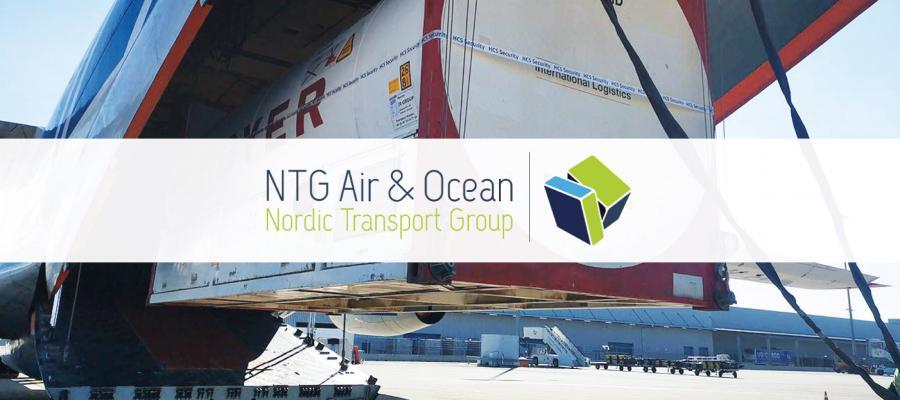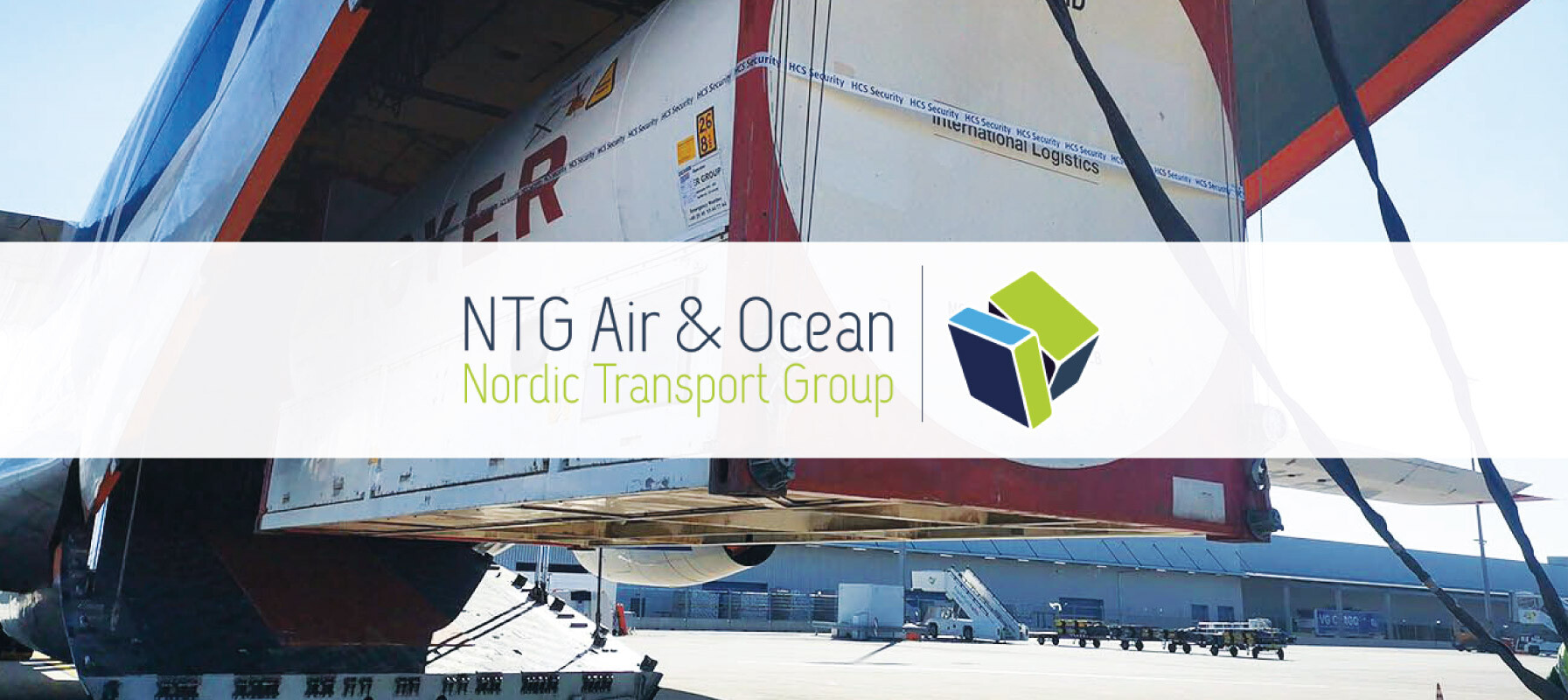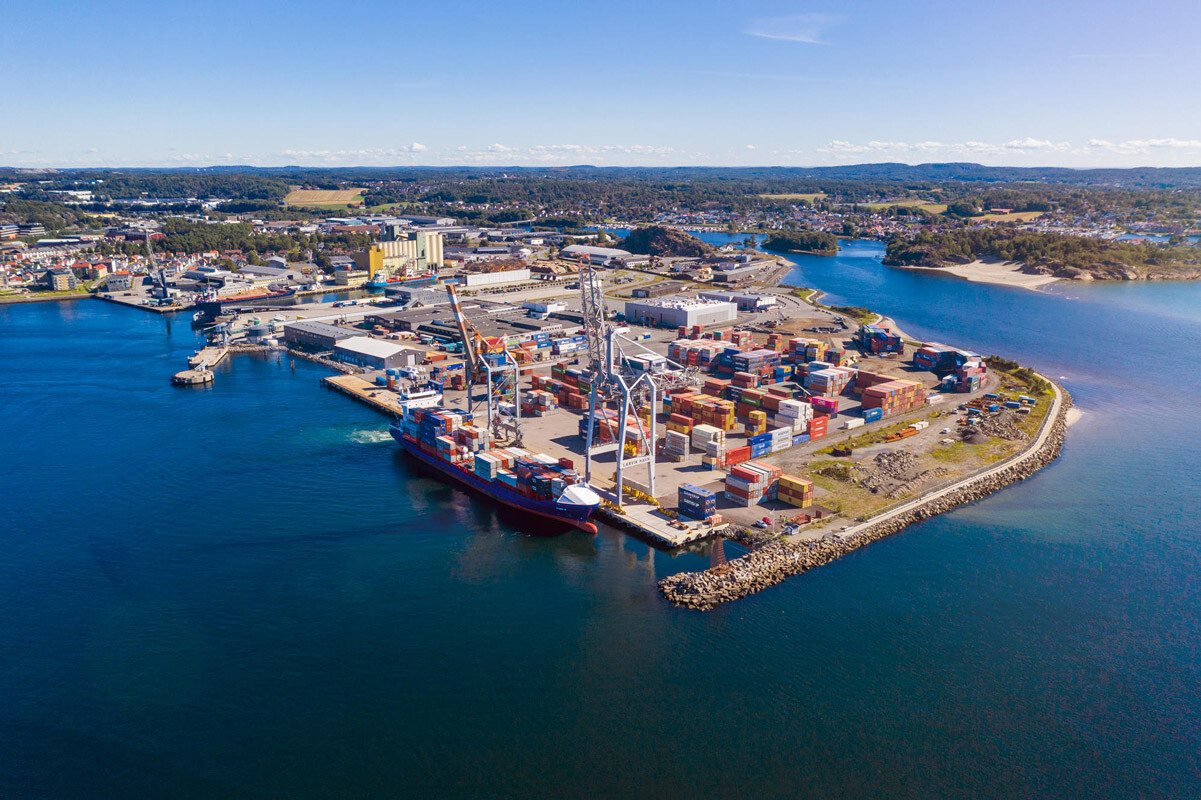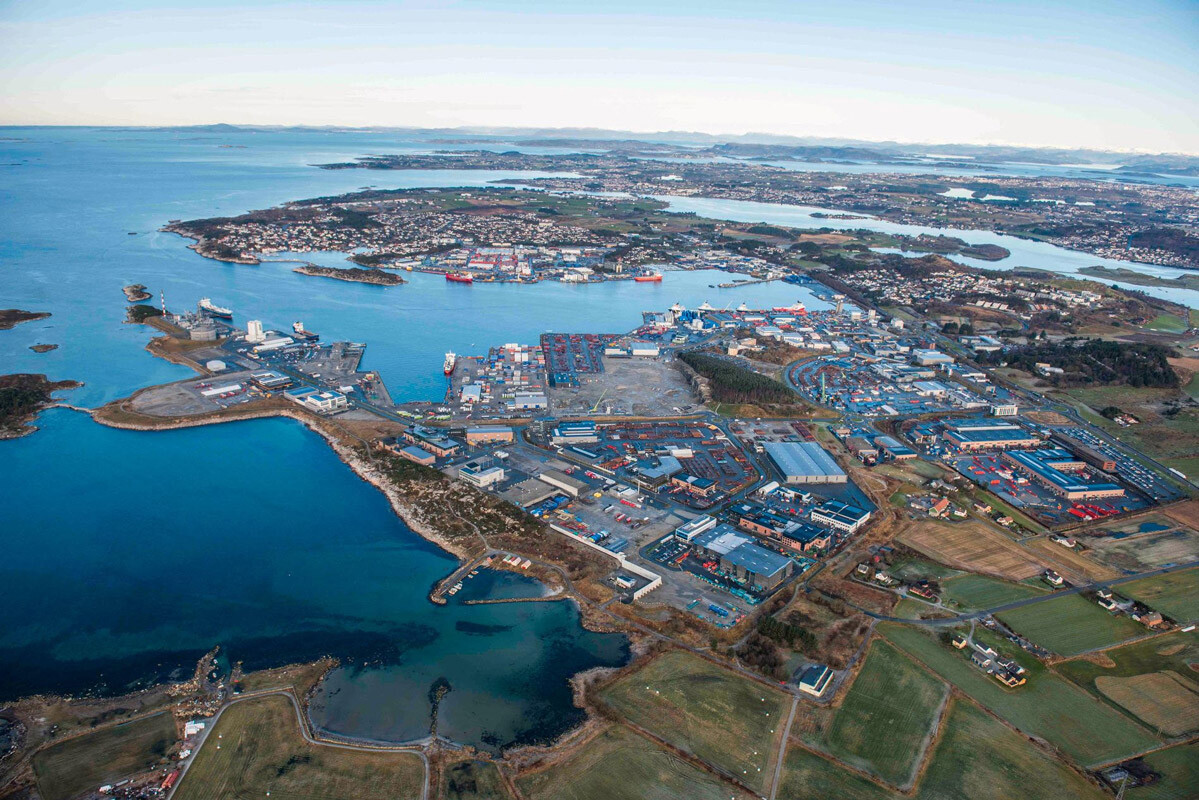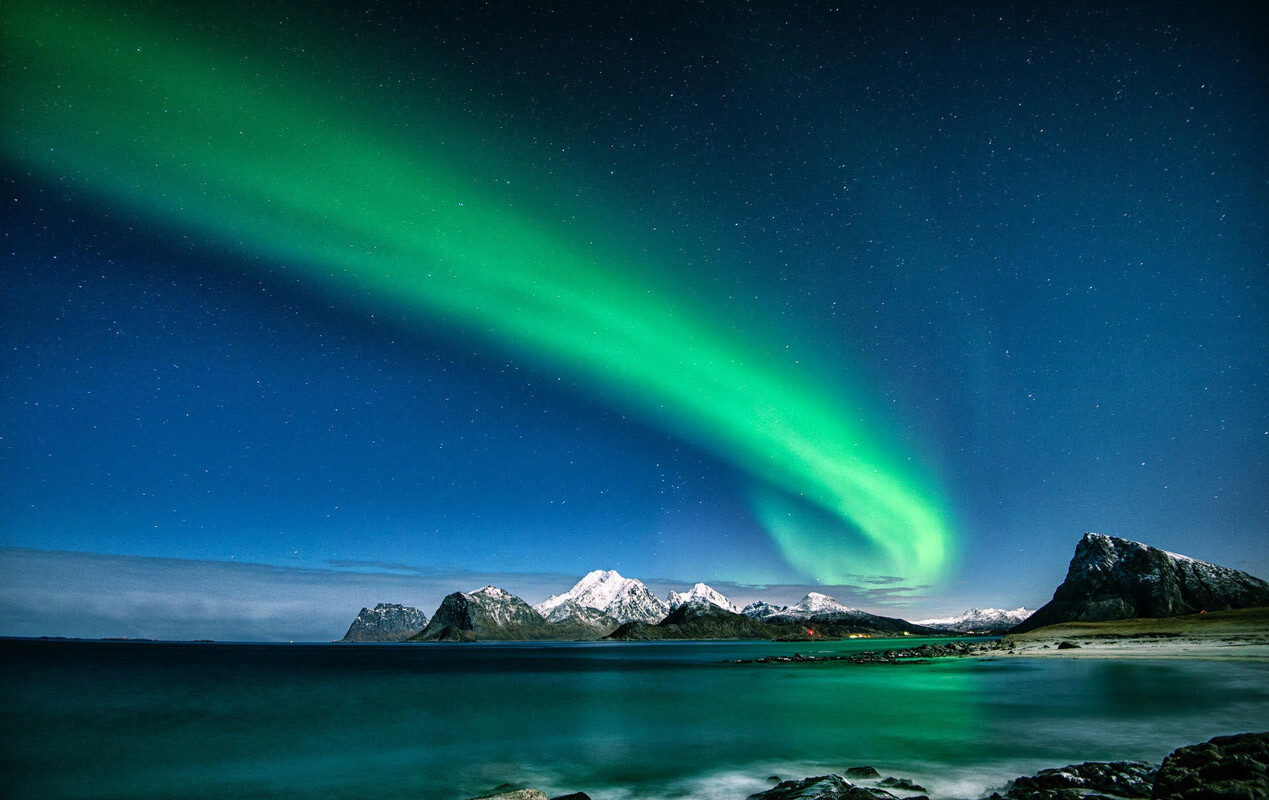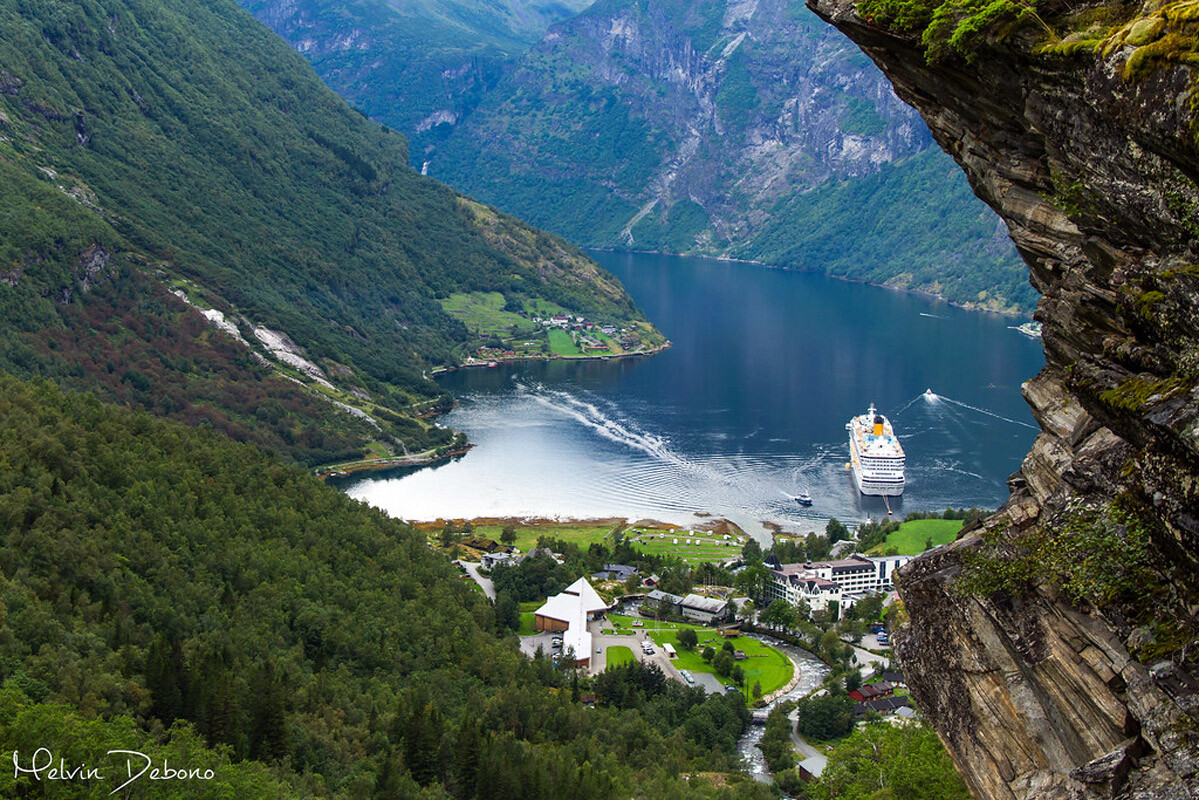Interview with
Mr. Dag Ulstein
MD and Partner

First of all Dag, can you tell us about when NTG Transport was established in Norway and where you’ve got your branches currently? Also you are part of a larger group in Scandinavia, right?
NTG Air & Ocean was established in Norway in April 2012, under the name Cargo World, and was acquired by NTG in 2013. Today we have 2 offices in Norway: Kristiansund N on the west coast and Drammen in eastern Norway.
We are a part of the Danish NTG Group which has offices in several countries.
Do you have experience in handling project cargoes in and out of Norway? If so, could you provide our readers with a few examples?
NTG Norway have over the past years been awarded a number of projects both from Norwegian Companies, as well as through partners abroad.
For us the major projects have been in relation to:
- Production and distribution of electricity, mainly from Turkey and Far East to Western parts of Norway. Often delivered with barges, cranes and special transport to very remote locations.
- Building and development of Fish farms both in Norway and the Faroe Islands. Mainly produced in Eastern Europe.
- Cable and cable reels of 100 tns+ for both offshore and onshore.
- Dismantling and shipping of whole factories related to wooden products.
There are many seaports in Norway. Elaborate for us if you will on the most common ports used for project cargo export in your country.
Looking at the geography of Norway, with a coastline which is the same length as half of the equator combined with narrow roads and long distances, it is no wonder that Norway is a shipping nation.
Ships have been used as the transport for goods, food and all necessary supplies for generations. In the north, the coastal express vessel “Hurtigruten” (calling at 34 ports) was the only connection several small communities had to the rest of the world.
As a consequence, it was necessary for every small community to establish a port. Today, we recon 33 commercial ports to be frequently called and which are suitable to receive and ship cargo. On top of that actually there are several private ports owned and operated by potential clients of ours.
Looking at projects, especially the port of the major cities and private ports of industrial companies are the most used. I would also say that the west-coast is larger in the sense of project, compared to the Oslo fjord region.
The existence of all these possible ports that can be used makes it essential to have a good and reliable partner in Norway to be able to find the most economical and practical completion of a project.
Norway has a border with Russia. Do you feel tensions running higher now in Norway or shall we say the northern part of your country? Norway is also a NATO member, right?
Norway shares a border of 200 km with Russia, all the way up in the North. Yes, Norway is a member of NATO, and for this reason I would say we do not feel special tension, even though we all know what they do in the more southern parts.
There is a close and historically good relationship between Norway and Russia in the areas surrounding our shared border. Trade, labor, culture and education are all areas where the cooperation has benefitted both parties. I know that businesses, especially in the northern parts, are financially hurt by the sanctions, as cross border trade is essential to them. At the same time, they, of course, comply and understand the reason why the border is closed, but are looking forward to this terrible situation to end, and normal trade relations to be back to normal.
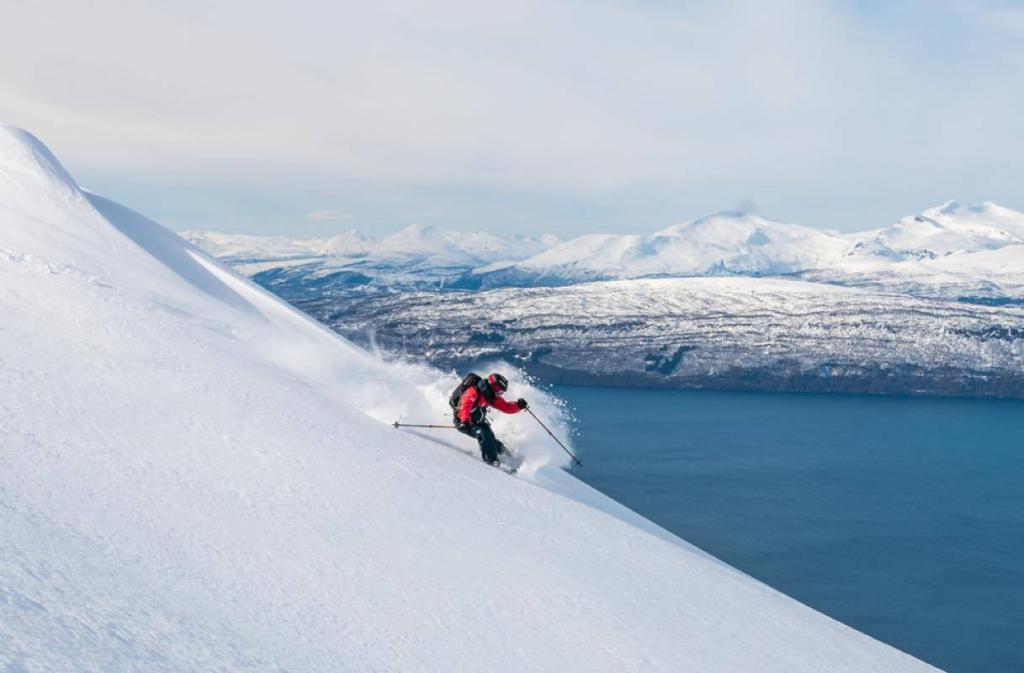
How about customs clearance in Norway. Is that easy or difficult given that you are a non-EU country?
For a Norwegian living in Norway, this is not difficult. However, I do understand that seen from abroad and maybe even long distance, it seems illogical that Norway is not part of the EU Market. Our system does not in principle differ from any other single country not being part of a custom union. What you bring in or out needs to be custom cleared. Today, custom clearance is highly automated via EDI, and I must admit that it is quick and effective. So unless there are special circumstances, it is hardly noticeable. But again, having a local company with local skills and knowledge is key.
When did you start your career in logistics?
As a student, I was earning additional money doing export paperwork for an airfreight agency. After my Masters in shipping and international trade, I started working for a small ships-broker in Oslo. At that time (1993), husbandry agency to industrial and cruise vessels was hard work.
I remember getting 1000 liters of diabetic ice cream on a Sunday for Holland America Line and counting ship’s food and drink inventory for a Russian Oil tanker to get all the customs papers in order. Gradually moving from brokering cargo to booking containers, I moved over to the liner agency part of our business. After 10 years of managing several liner agencies within the same owner group, I moved to Freight Forwarding as MD of Wilson Logistics (now Geodis) and stayed until 2013 when I moved to Altus, a company owned by SWIRE. Altus was at that time purely a project company. After a short period in Scan Global, I ended up a GM in Nor-Lines: a domestic provider of groupage through 15 own terminals and 500 trucks, and an owner of 5 vessels (Ro-Ro and Reefer) connecting the Baltic, Poland and the continent to the western and northern part of Norway. Now after 30 years in different parts of the logistics industry, I am happily back at the roots doing global Air and Seafreight.
Please share with our readers how best to reach you.
Details:
Dag Ulstein, MD & Partner, NTG Air & Ocean A/S
Visiting Address:
Ryghgata 4 B
NO-3050 Mjøndalen (Oslo), Norway
Mobile +47 909 123 88
dul@ntgairocean.com
Website: www.ntgairocean.com


